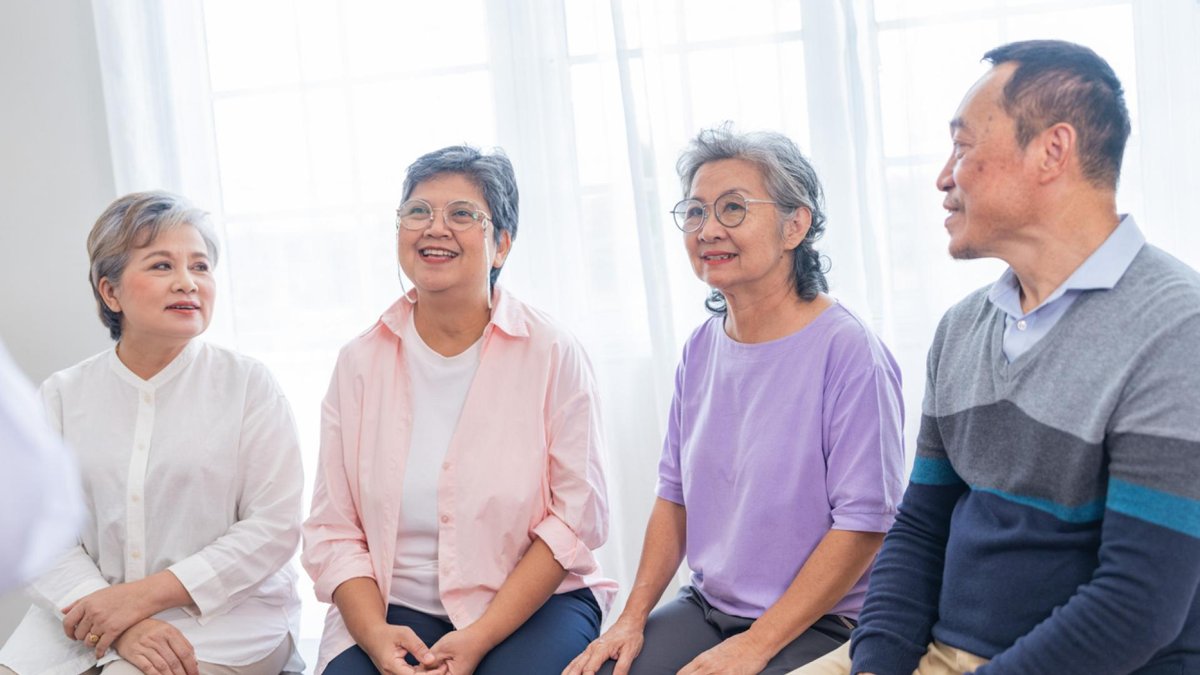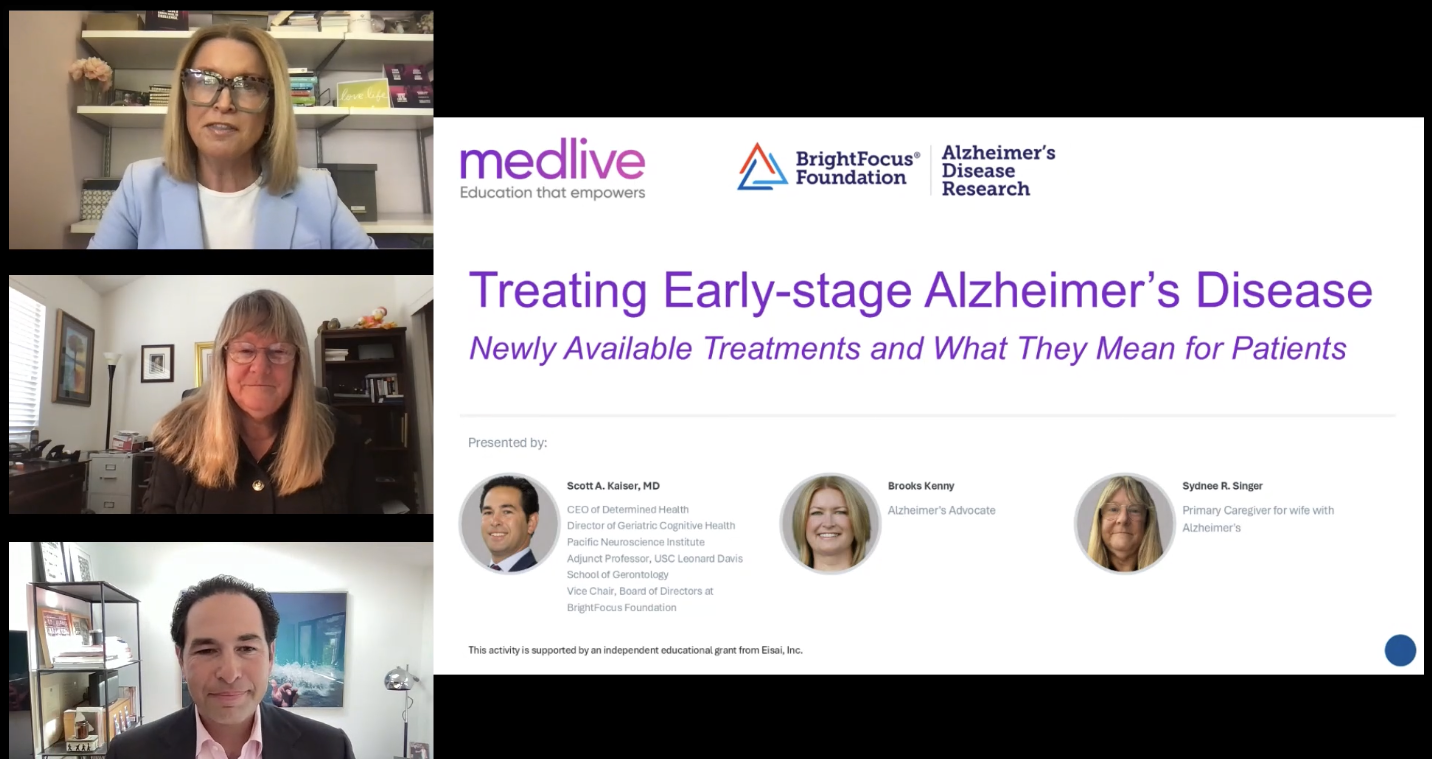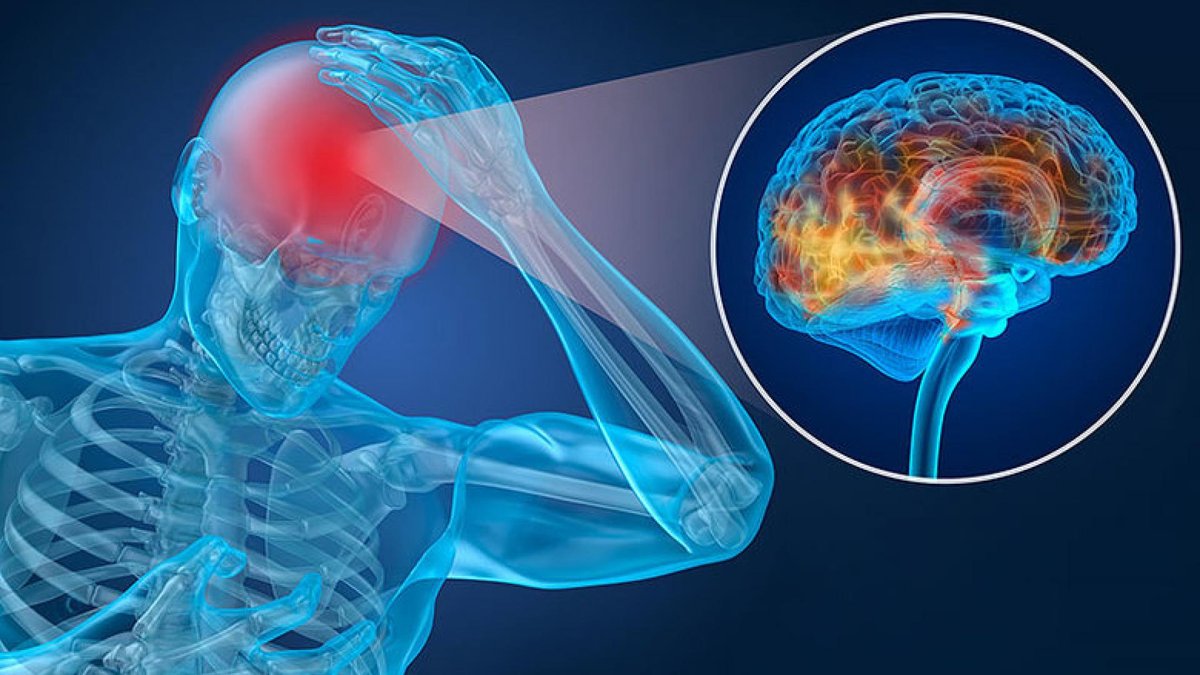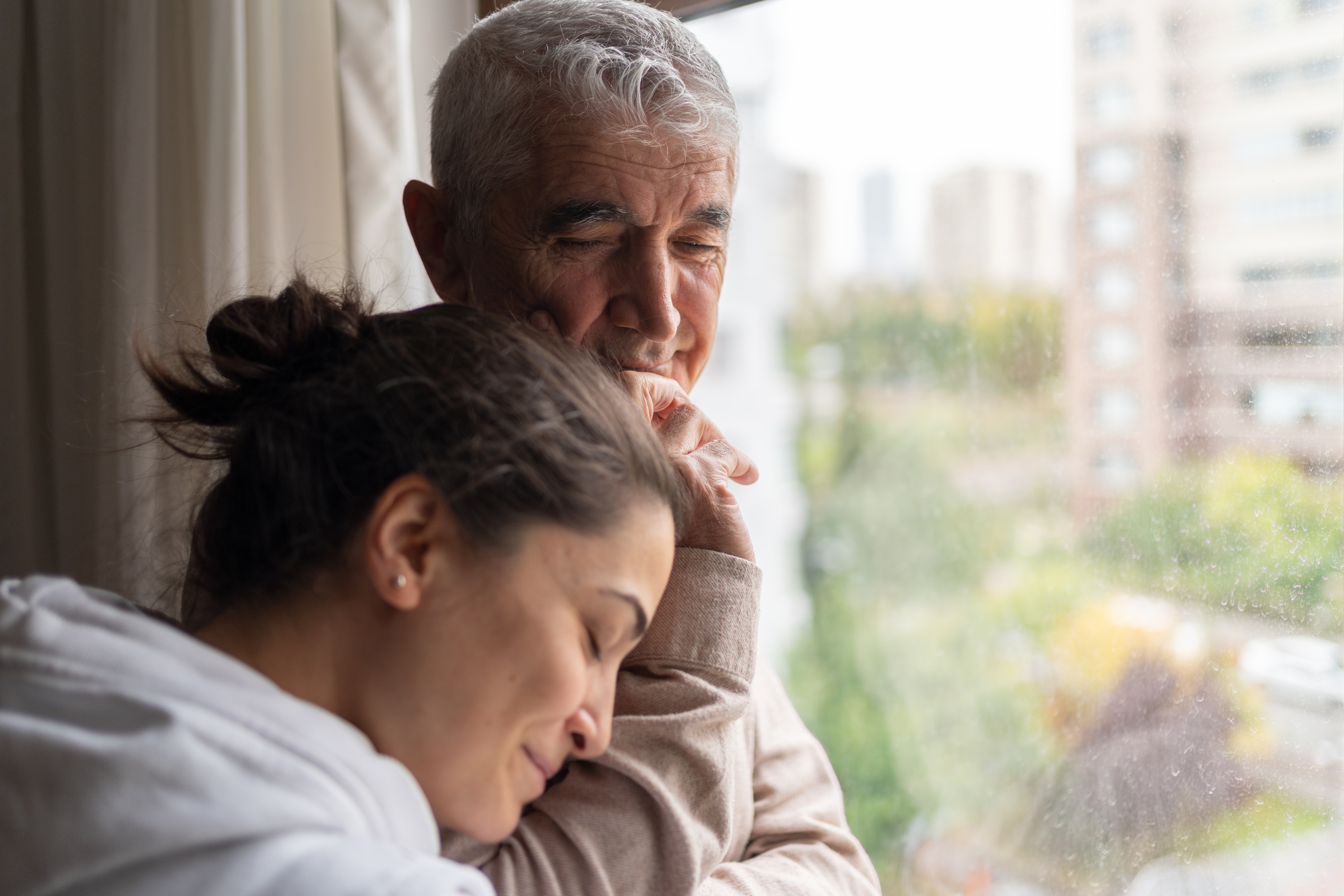
Family caregivers often ask how to find training to properly care for someone with Alzheimer’s or other forms of dementia. This article summarizes what you need to know and where to obtain this information.
Caregiver Training Can Include:
- Obtaining a deeper knowledge of Alzheimer’s disease and dementia
- Managing changes in communication and behavior
- Tips for personal care and hygiene
- Home safety tips
- Fall prevention strategies
- Medication management
- Managing financial and legal issues
- Emergency procedures
Whether from a family caregiver who is new to caregiving, or from one who has been caring for someone further into their disease process, geriatric professionals are frequently asked for advice by family caregivers. New caregivers may want to understand what they are getting into, and more experienced caregivers may have realized there is more to it than they had first expected.
Regardless of the timing, seeking out additional education and training is a smart step to take as a family caregiver. With Alzheimer’s and related dementias having unique characteristics, specific education and training, including how to help someone with their activities of daily living—i.e. feeding, bathing, dressing, etc, will help you prepare for the many challenges of these diseases.
Building Your Alzheimer’s and Dementia Caregiver Knowledge
A good starting place is to build a fundamental knowledge of Alzheimer’s and related dementias. Doing so will build the foundation for an effective caregiver. To start, your learning should include the following:
- Stages of Alzheimer’s disease, including the features and symptoms of each stage
- Challenging behaviors of Alzheimer’s
- Self-care for caregivers
Where to Find Answers to Caregiving Questions
- Your loved one’s physician: the medical professional who manages the medical care and/or their Alzheimer’s or dementia is your partner in this caregiving journey. As your loved one’s physician, they can help you understand the illness, and be a guide through the specific challenges you may encounter.
- Independent study: work independently to seek knowledge of the illness. Read books, research online information, and seek out local resources such as caregiver support groups. Each has a place in your education and support as an Alzheimer’s and dementia caregiver.
Caregiving Training Online
The internet abounds with information, and finding online information about Alzheimer’s and other forms of dementia may be the easier part of one’s caregiving education. Some credible online resources include:
- brightfocus.org/alzheimers: BrightFocus Foundation’s mission is to drive innovative research worldwide and promote awareness of Alzheimer’s disease, macular degeneration, and glaucoma.
- alzheimers.acl.gov: This is the federal government’s website about Alzheimer’s and related dementias.
- nia.nih.gov/health/alzheimers/caregiving: The National Institute on Aging is the aging research arm of the National Institute of Health.
Local and Community Resources for Caregivers
Your local Area Agency on Aging or the Aging and Adult Services in your city or county are the go-to resources at the local level. These agencies have knowledge of local public and private resources, and of training that may be available to caregivers.
Connecting to local resources will also give you the chance to connect with other local caregivers. You can learn from one another, and create a support system for yourselves and others. Caregiving is easier when we give each other support.
- Eldercare Locator
Hands-on Caregiver Training Resources Near You
Once you’ve got the knowledge, and you know where to go for additional help and support, how do you develop the skills to care for someone with Alzheimer’s or a related dementia?
Knowledge of Alzheimer’s and other dementias is fundamental, but learning and practicing the skills you need in the daily course of caregiving will help you in the actual moments as a caregiver. Practice will help you build skills and competence. Some resources for caregiver training follow below.
- Alzheimer’s Disease Education and Referral Center
(National Institute on Aging) - Home Instead
This caregiving agency offers free resources and training for family caregivers.- https://www.homeinstead.com/care-resources/
- www.helpforalzheimersfamilies.com/alzheimers-dementia-education/
Keep Your Knowledge, Skills and Training Growing
Alzheimer’s and dementia research is an area of medicine that is constantly evolving. There is always new information, new research findings, and new training opportunities. One way to keep your knowledge fresh and current is to subscribe to any of the many newsletters that are available from online sources, such as those above, and at brightfocus.org.
About BrightFocus Foundation
BrightFocus Foundation is a premier global nonprofit funder of research to defeat Alzheimer’s, macular degeneration, and glaucoma. Through its flagship research programs — Alzheimer’s Disease Research, Macular Degeneration Research, and National Glaucoma Research— the Foundation has awarded nearly $300 million in groundbreaking research funding over the past 51 years and shares the latest research findings, expert information, and resources to empower the millions impacted by these devastating diseases. Learn more at brightfocus.org.
Disclaimer: The information provided here is a public service of BrightFocus Foundation and is not intended to constitute medical advice. Please consult your physician for personalized medical, dietary, and/or exercise advice. Any medications or supplements should only be taken under medical supervision. BrightFocus Foundation does not endorse any medical products or therapies.
- Lifestyle










